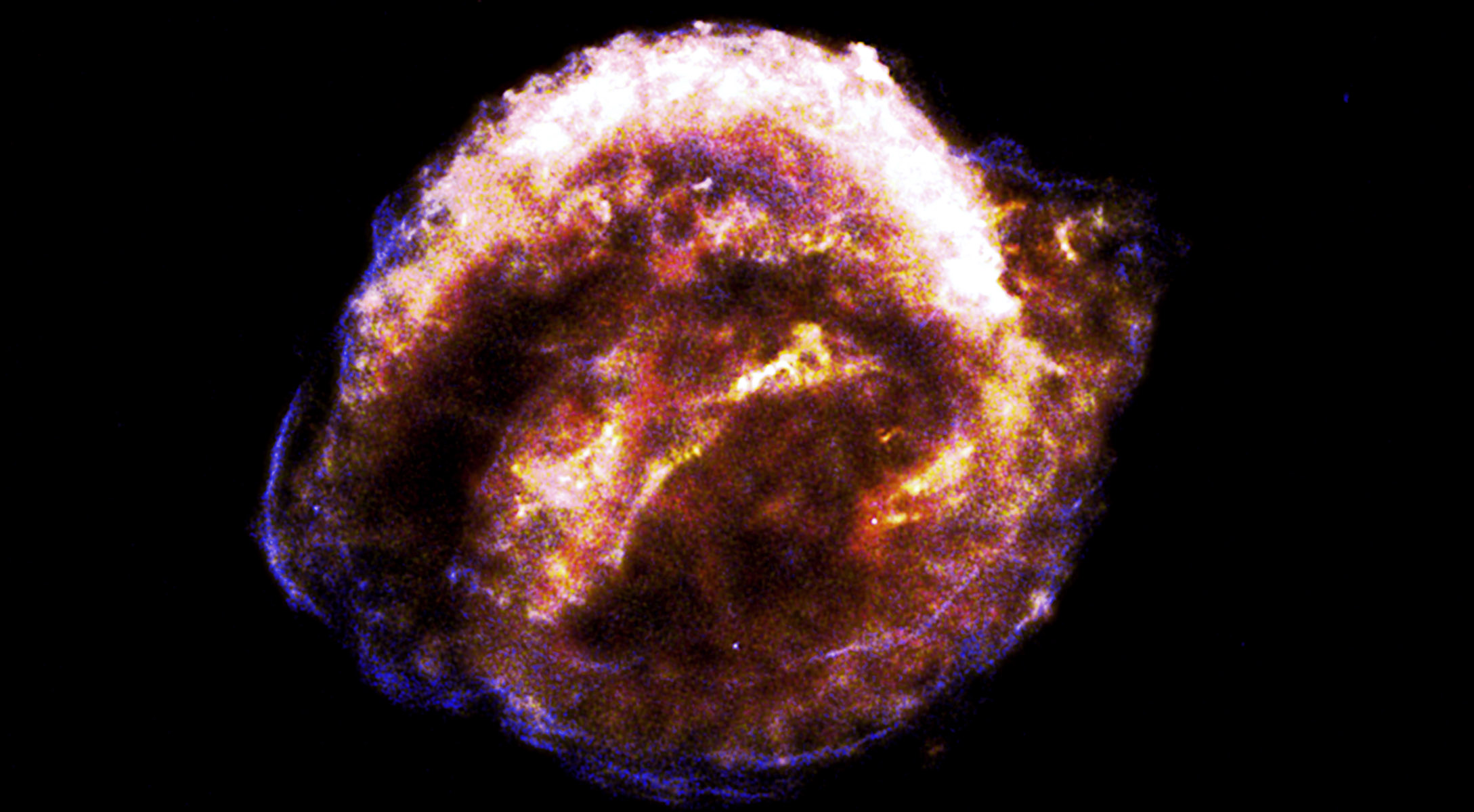It was difficult to hide it from all my classmates. I have no friends from my college years that didn’t come from my husband’s side, because I always had this pretty big secret. I couldn’t confide in anyone.
You ended up studying problems in mathematical physics and dynamical systems. What drew you to those areas?
The truth is, before I started doing research in it, I never liked physics. I did well in my physics classes, but never felt like I gained an intuitive understanding of everyday physical events. But when I started working with my Ph.D. adviser, Yakov Sinai, who studied probability, the first paper he gave me to read involved physics. I hated it. But there was no way back. When you start to learn something really deeply, and see some cool mysteries — some of which you help unravel — how can you resist?
How does your work intersect with physics?
I study models that govern the behavior of electrons in different materials and environments — in materials with impurities, for instance, or in moiré materials. Even though many of the questions I study are actually purely mathematical — some of my results involve timescales that are larger than the lifetime of the universe — this area is driven by physics. Physicists keep coming up with important emerging materials that need to be studied, like graphene and other two-dimensional materials. There is a lot of interest in developing models that can describe some of the phenomena you see in those materials.
In particular, I study models that have some interesting special structure, called quasi-periodicity. “Quasi-periodic” means something that locally looks periodic [with repeating behavior], but whose behavior may look chaotic at larger scales. This special structure is very amenable to rigorous analysis, where you can actually obtain the kinds of results I find most beautiful: You can fully describe the model’s behavior as you change each of its parameters.
For example, I am probably most proud of my results on the almost Mathieu operator. This operator is related to the behavior of an electron on a two-dimensional plane in a perpendicular magnetic field. I made progress in studying some of this model’s remarkable phase transitions.
How do you spend your time when you’re not doing math?
For a long time, my main interest was raising my three kids. I also like to hike, bike and especially swim in nature. I swim year-round in the Pacific Ocean, and especially like swimming in cold water — you really get a euphoric sensation out of it — in a beautiful setting, like at sunrise or sunset. And I still read poetry.
Your children are all pursuing mathematics, too. Did you hope for that, or were you more wary like your mom was with you?
It’s very nice, but it was not my original intention. When they were little, I personally taught them both Russian literature and math. I guess I did a better job with math. Or maybe it’s intrinsic. It’s hard to say.
Regarding education, you’ve also been critical of proposed changes to the math curriculum in California schools. Why?
I have many problems with the proposed California math framework, especially with how it would de-emphasize algebra and pre-calculus in favor of so-called data science, which would rob students of the ability to ever enter a STEM profession. Gaining a fundamental understanding in all the pre-calculus courses is hugely important. There should be more of that, not less, for those who want to pursue STEM.
That said, I don’t say that I know how to fix American education. But it does need fixing.
Since the invasion of Ukraine, you’ve also spent time trying to help. How so?
This is a huge trauma for every Russian and Ukrainian. Both were my countries. For a while, I just couldn’t manage to think about anything else at all. Since then, I’ve learned to compartmentalize — and math helps, because you tend to get very deeply involved in it and forget about other things. But at first, I just couldn’t do anything else. In March, I was trying to help some friends and their relatives to get out, and got involved in an effort to help evacuate people with medical issues, including Holocaust survivors, from Ukraine. I have also been part of an effort to provide jobs and education for some of the displaced mathematicians.
When did you leave Ukraine?
I came to the United States right after getting my Ph.D. from Moscow State University in 1991. My husband was offered a postdoctoral position in California, and I just decided that I was coming with him. I was basically ready for anything. And I started really, really low. My first job was as a part-time lecturer. It’s probably quite unusual for a major prize winner to have such a trajectory.
Did that affect how you saw yourself as a mathematician?
I definitely underestimated myself very much for a very long time. One reason was probably my parents. [Laughs.] On the one hand, I never felt stress about satisfying their ambitions, because they had very low ambitions for me. But on the other hand, it led to some self-esteem issues. I think I was actually better than they thought of me, and better than how I saw myself.
Another thing is that at first, I was not a very successful graduate student. Even though I’d excelled as an undergraduate, for the first few years after starting research, I just didn’t have results. It wasn’t until later that I realized my adviser was giving me very difficult problems. Probably most people would have dropped out. But somehow I had the resilience to continue, and I actually finished my Ph.D. with a total of seven papers.
Also, perhaps the fact that I started so low has led to some serious respect issues in my own department, something that is not fully gone to this day, despite the outside recognition.
And then, every time I got some recognition, I would suspect that I got it because I’m a woman. Many people think that way, and it’s unpleasant. If they don’t personally know a woman’s research, and they hear she got some award, they’re sure it’s because of her gender.
When did you start thinking differently?
It happened gradually. Only much later I realized that actually, no, I deserved recognition regardless of my gender. Maybe my gender has helped in some ways, but it doesn’t mean that I didn’t deserve it. But I developed a healthier attitude to this only recently.
Note: This article have been indexed to our site. We do not claim legitimacy, ownership or copyright of any of the content above. To see the article at original source Click Here












